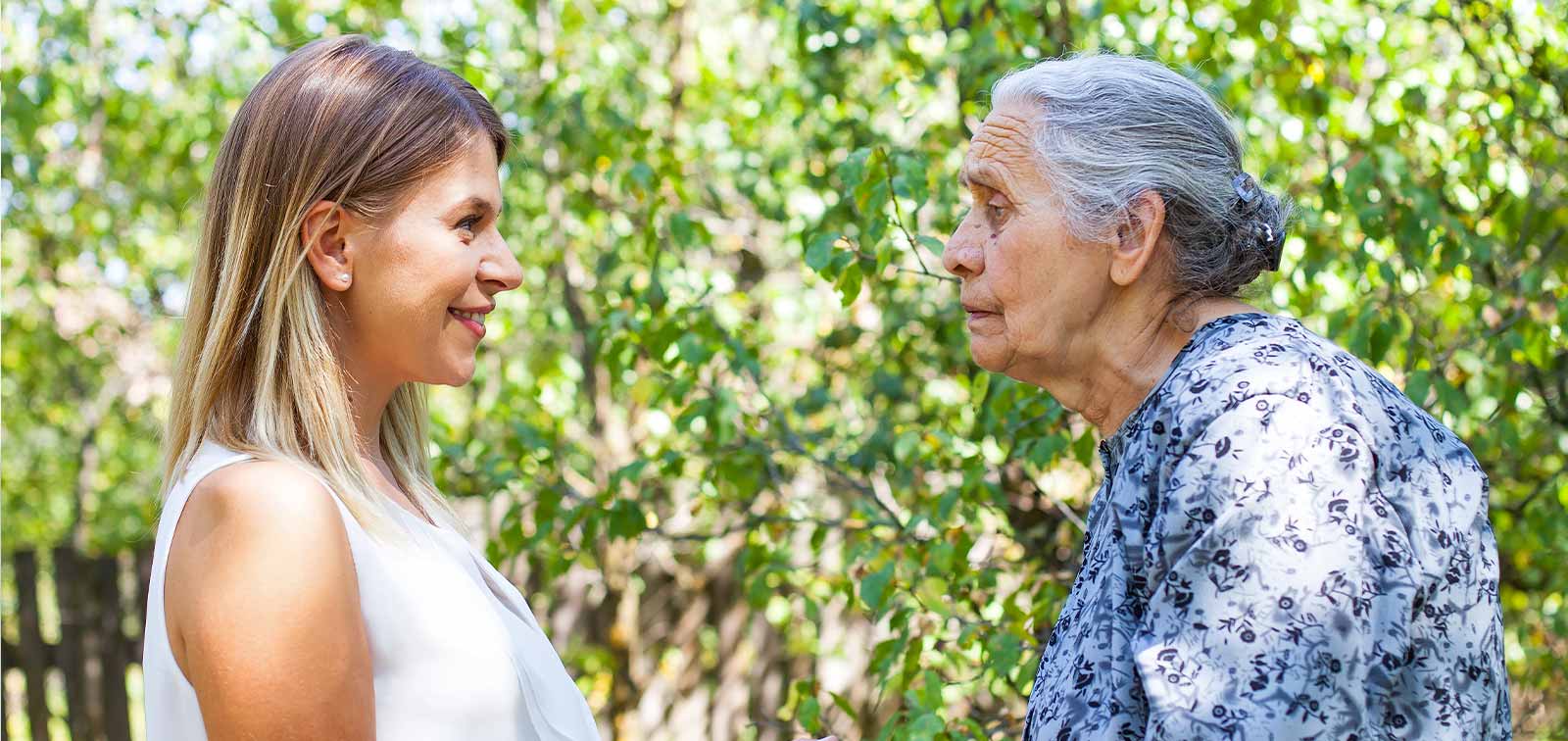
Dementia isn’t a single condition — it’s an umbrella term for a group of disorders that affect memory, thinking, and behaviour. While Alzheimer’s disease is the most common type, there are others that people and families should be aware of. Each form of dementia brings its own symptoms and challenges, so understanding the differences can help you get the right diagnosis and support for your loved one.
Continue readingCaring for someone with dementia involves balancing medical, emotional, and practical needs while preserving dignity and independence. A person-centred approach focuses on routines, preferences, and meaningful activities, supported by tailored care plans and networks of family, professionals, and community groups. Daily care covers communication, hygiene, nutrition, mobility, safety, and managing behavioural changes. Caregivers should adapt environments, use clear communication, and plan ahead for health, transport, and end-of-life decisions. Self-care for carers is essential to avoid burnout and ensure sustainable, compassionate support.
Continue readingDementia and Alzheimer’s are often used as if they mean the same thing. They don’t. Dementia describes symptoms that affect memory, thinking and daily life; Alzheimer’s is one cause of those symptoms. Knowing the difference helps families get the right tests and support—faster.
Continue readingWhen someone you care for with dementia starts showing challenging behaviours, it can feel overwhelming and distressing. It’s important to remember that these behaviours aren't intentional or personal - they're often the only way a person can communicate unmet needs or respond to confusion and distress. This guide offers practical, compassionate strategies to help you understand what might be driving these behaviours and how to respond in ways that support both you and the person you're caring for.
Continue readingWhen dementia affects someone's brain, it changes how they process language, remember words, and understand conversations. This doesn't mean they've lost their personality, feelings, or desire to connect - it means they need different approaches to communication that work with their changing abilities rather than against them.
Continue readingCaring for someone you love means watching for changes that matter. When it comes to dementia, spotting the early warning signs can make all the difference in getting the right support and planning in place for the future. But how do you tell the difference between normal ageing and something more serious?
Continue readingDementia is a syndrome, not a single disease, marked by progressive decline in memory, thinking, and behaviour due to brain cell damage. It includes Alzheimer’s, vascular, Lewy body, and frontotemporal dementia, each with distinct causes and symptoms. Cognitive decline, mood changes, and loss of daily function worsen over time. Risk factors include age, genetics, and lifestyle, while prevention focuses on brain health, managing heart conditions, and staying socially and mentally active. Dementia remains a major global health challenge with rising prevalence.
Continue readingDementia progresses through three main stages: early-stage where individuals experience memory lapses and difficulty with complex tasks while maintaining independence; middle-stage characterized by increased disorientation, communication problems, and need for daily assistance; and late-stage involving profound cognitive decline requiring full-time care. While Alzheimer's follows a gradual pattern, vascular dementia shows step-like changes, and other types like Lewy body dementia have unique profiles—understanding these stages helps families and healthcare professionals plan appropriate care and set realistic expectations throughout the dementia journey.
Continue readingPractical and helpful advice from experienced carers. What are the best bits of advice they wish they had known earlier.
Continue readingWe can reduce inflammation and damage to the brain through brain health and lifestyle choices whilst in later life we can focus on increasing and maintaining our cognitive function.
Continue reading